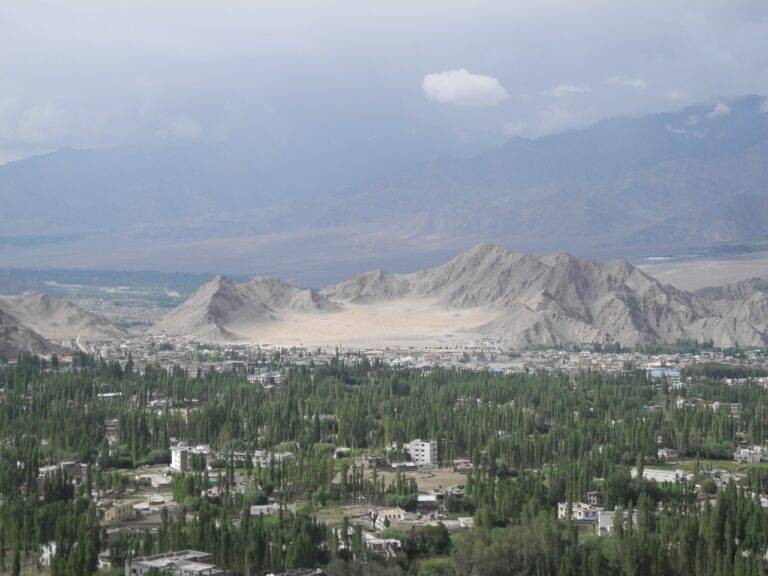The Rise of Populist Movements and their Impact on Democracy: Laser247, Lotus365, Sky247 login
Laser247, lotus365, sky247 login: Populist movements have been on the rise in recent years, shaking up traditional political systems and challenging the status quo. These movements often appeal to the frustrations and anger of the general population, promising to give a voice to the ordinary citizens who feel ignored or marginalized by the ruling elite.
The impact of these populist movements on democracy has been profound, with some seeing them as a threat to the very foundations of democratic governance. Critics argue that populism can lead to the erosion of democratic norms and institutions, as populist leaders often seek to concentrate power in their hands and undermine the checks and balances that are essential for a healthy democracy.
On the other hand, supporters of populist movements argue that they are a necessary corrective to a political system that has become disconnected from the concerns of the people. They see populist leaders as champions of the ordinary citizen, fighting against entrenched interests and bureaucratic elites.
One of the key impacts of populist movements on democracy is the polarization of society. Populist leaders often use divisive rhetoric and appeal to a particular group of the population, leading to increased mistrust and animosity between different segments of society. This can make it difficult to find common ground and compromise, essential components of a functioning democratic system.
Another impact of populist movements on democracy is the erosion of the rule of law. Populist leaders have been known to attack the independence of the judiciary and other institutions that are meant to serve as a check on their power. This can undermine the fundamental principles of democracy and lead to a concentration of power in the hands of a few.
Despite these challenges, some argue that populist movements can also have positive effects on democracy. By energizing a disengaged electorate and bringing new voices into the political process, populism can help to invigorate democracy and hold traditional political parties accountable.
In conclusion, the rise of populist movements has had a significant impact on democracy, challenging established norms and institutions while also drawing attention to the grievances of ordinary citizens. Whether this impact is ultimately positive or negative remains to be seen, but one thing is clear: the phenomenon of populism is here to stay, and its effects on democracy will continue to be felt for years to come.
**FAQs**
1. What is populism?
Populism is a political approach that seeks to appeal to ordinary people by pitting them against a perceived corrupt, elite establishment.
2. Are all populist movements the same?
No, populist movements can vary significantly in their ideology and goals. Some are left-wing while others are right-wing, and they can focus on different issues such as immigration, nationalism, or economic inequality.
3. Are populist movements a threat to democracy?
While some argue that populist movements can undermine democratic norms and institutions, others believe that they are a necessary corrective to a political system that has become disconnected from the concerns of the people.
4. How can we counter the negative effects of populism?
One way to counter the negative effects of populism is to strengthen democratic institutions and promote a culture of inclusivity and dialogue. By engaging with the concerns of ordinary citizens and working to address underlying issues, we can help to build a more resilient and responsive democracy.







